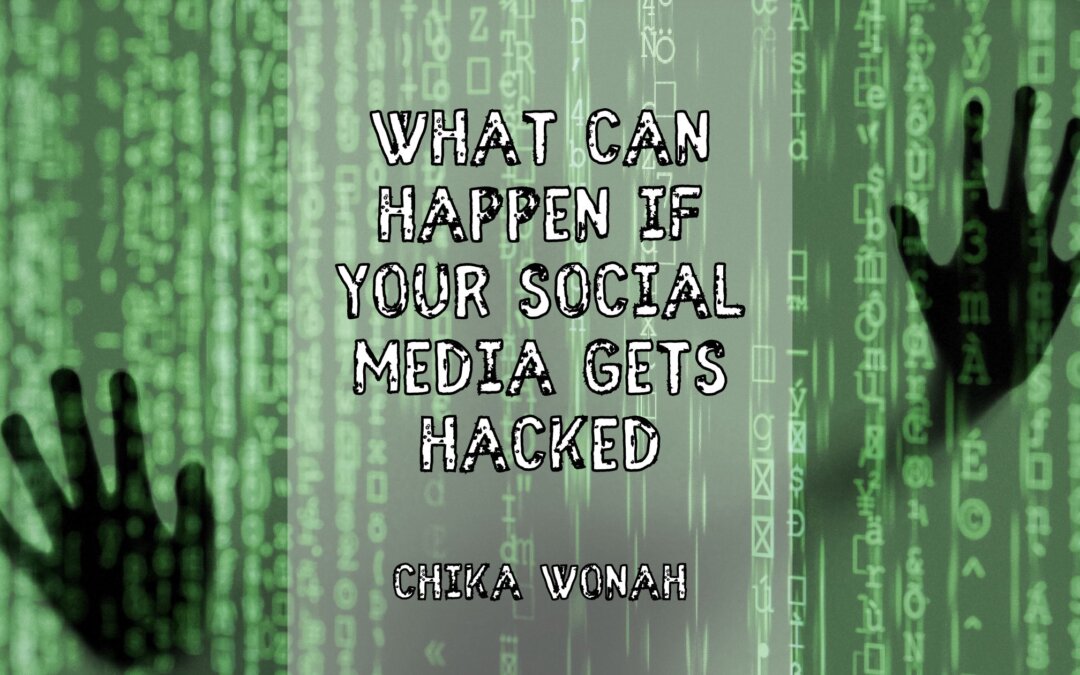In our digitally interconnected age, social media platforms are extensions of our identities, mirroring our interests, connections, and memories. But with digital footprints expanding, threats, unfortunately, grow in tandem. A hacked social media account is no mere inconvenience; it carries repercussions far beyond lost followers or missing posts. Such breaches can have cascading impacts on our personal, professional, and even financial lives.
The ubiquity of social media in our lives has made these platforms attractive targets for cybercriminals. In this context, hacking refers to unauthorized access to your account, often with malicious intent. While early instances of hacking were typically pranks or for bragging rights, the evolution of digital ecosystems has transformed hacking into a sophisticated, organized endeavor. With more information shared online, hackers now have a treasure trove of data to exploit. Hacking social media accounts isn’t just an isolated event but is often a gateway to more extensive cyber threats.
Personal Reputation Damage
The most immediate consequence of hacked data is the potential damage to one’s reputation. Hackers can post inappropriate content and offensive statements or share private conversations, leading to misunderstandings, strained relationships, and even defamation. As these posts spread and get shared, rectifying the damage becomes increasingly challenging.
Additionally, the hacker could impersonate the account owner, manipulating friends and followers. This impersonation can involve spreading false information or conducting scams, further tarnishing the individual’s image. Such breaches can have long-lasting career implications for professionals, especially those in the public eye. The fallout from misleading posts or the sharing of personal data can erode trust, a fundamental currency in the digital age.
Financial Threats
A compromised social media account can be the stepping stone to financial threats. Many individuals link apps, e-commerce sites, or payment methods to their social profiles for convenience. Gaining access can provide hackers with a backdoor to these linked financial portals.
Moreover, hackers can leverage gathered personal information to steal identity, apply for credits, or make unauthorized transactions in the victim’s name. Scarily, the interconnectedness of digital accounts means that a breach in one platform can lead to vulnerabilities in others, creating a domino effect. Phishing scams, where the hacker, impersonating a trusted entity, dupes individuals into providing sensitive financial information, can also be orchestrated more convincingly with the data from a hacked account.
Mental and Emotional Strain
Beyond tangible damages, a hacked account can inflict significant emotional distress. Victims often feel violated, as personal spaces are breached, and intimate details are exposed. The uncertainty, not knowing the hacker’s intentions or what information they’ve accessed, can lead to anxiety and paranoia.
Moreover, recovering a hacked account can be exhausting, requiring extensive communication with platform support, providing documentation, and resetting security configurations. The fear of recurrence and the potential fallout from the hack can lead to sleepless nights. Trust in digital platforms can be eroded, leading to hesitancy in sharing or even participating in online communities, further isolating individuals in an increasingly digital-first world.
A hacked social media account isn’t a trivial concern—it’s a multi-faceted threat with repercussions echoing across various facets of our lives. In understanding these implications, we’re reminded of the importance of proactive digital security. It’s essential to regularly update passwords, enable two-factor authentication, and be vigilant about potential phishing attempts.

